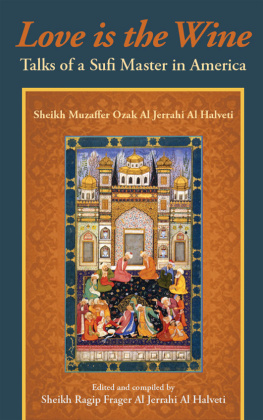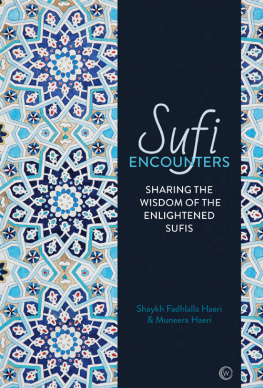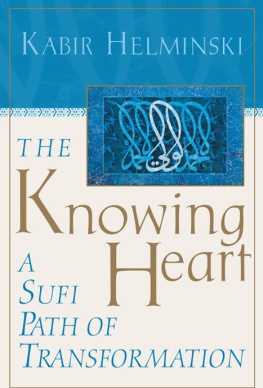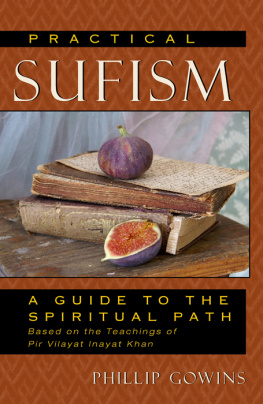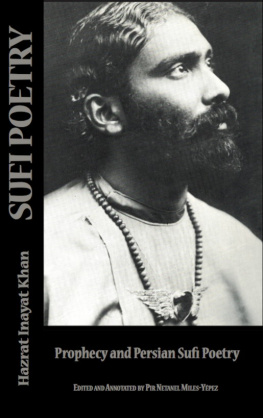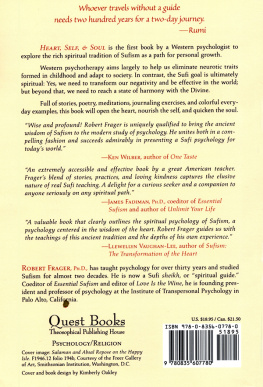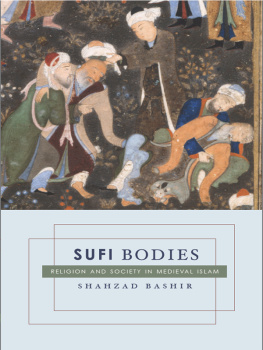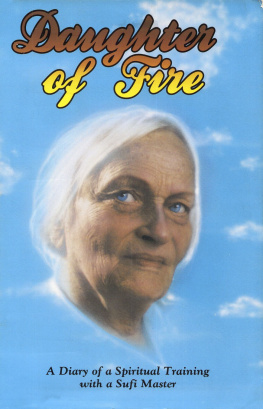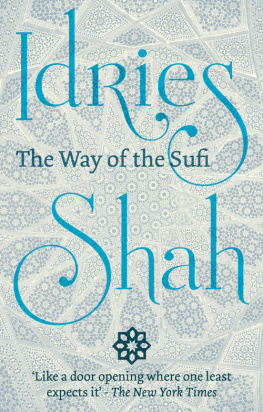Sheikh muzaffer ozak Al Jerrahi Al halveti (1916-1985) was one of the eminent sheikhs of the Halveti-Jerrahi order of dervishes, a traditional Muslim Sufi order from Istanbul. He is well remembered in Europe and the U.S. for his lectures and for conducting dhikrs (services dedicated to remembrance of God), and in Turkey for his Sufi poetry and hymns. Born in Istanbul, Sheikh Muzaffer was educated by a succession of wise teachers in both traditional Islam and Sufism. He became Imam at several mosques, and also ran an antique/rare bookshop dedicated to religious texts in the famous Istanbul book market.
Sheikh ragip frager Al Jerrahi Al halveti (robert frager, Ph.d.), a Harvard-trained psychologist, is the past president of the Association for Transpersonal Psychology and the founding president of the Institute of Transpersonal Psychology, where he is currently Director of the Spiritual Guidance program and professor of Psychology. Dr. Frager is also a Sufi teacher in the Halveti-Jerrahi Order, initiated by Muzaffer Ozak. A practitioner of Aikido since 1964, Dr. Frager currently holds the rank of 7 th dan. He personally trained with the founder of Aikido, Morihei Ueshiba, while living in Tokyo.
For a catalog of other distinguished books by Hohm Press visit our website: www.hohmpress.com
1. SUFISM
S UFISM is not different from the mysticism of all religions. Mysticism comes from Adam (Gods Peace upon him). It has assumed different shapes and forms over many centur ies, for example, the mysticism of Jesus (Gods Peace upon him), of monks, of hermits, and of Muhammed (Gods Peace and Blessings upon him). A river passes through many countries and each claims it for its own. But there is only one river.
Truth does not change. People change. People try to possess truth and keep it for themselves, keep it from others. But you cannot own the truth.
The path of Sufism is the elimination of any intermediaries between the individual and God. The goal is to act as an extension of God, not to be a barrier.
To be a dervish is to serve and to help others, not just to sit and pray. To be a real dervish is to lift up those who have fallen, to wipe the tears of the suffering, to caress the friendless and the orphaned.
Different people have different capacities. Some can help with their hands, others with their tongue, others with their prayers, and others with their wealth.
You can get there by yourself, but that is the hard way. Our personal goals all lead to the same end. There is only one truth. But why deny the thousands of years of experience found in religion? There is real wisdom available from so many years of seeking and trial and error.
A great mistake is to have only half a religion. That keeps you from real faith. It is a terrible mistake. Seeing someone who is only half a doctor is terribly dangerous. Someone who is half a ruler is a tyrant.
Many struggle in the maze of religion and religious differences. They are like dogs fighting over a bone, seeking their own selfish interests. The solution is to remember that there is only one Creator, who provides for all of us. The more we remember the One, the less the fighting.
A Sufi sheikh is like a doctor, and a student is someone who is sick at heart. The student comes to the sheikh for healing. A real sheikh will give a certain diet and certain medications to cure the persons ills. If students follow their sheikhs prescriptions, they will be cured. If not, they may be destroyed. Patients who misuse their doctors prescriptions are courting disaster.
At a higher level the relation of a sheikh and students is like a bunch of grapes and the branch. The sheikh ties the grapes to the tree, to the sap and the source of the sap.
It is extremely important to understand this connection. It is like that between the bulb and the electricity. The power is the same. Some sheikhs have 20 volts and others 100 volts, but it is all the same electricity.
The eyes are the windows of the soul. By looking at students the sheikh connects them. There can be great power in the gaze of a sheikh.
The first stage is to have faith. The first step of that stage is faith in ones sheikh. The expression of that is to submit to the sheikh. Through that submission, your arrogance will be transformed to humbleness, your anger and negativity will be transformed to good-naturedness and softness. This first step is a very big one.
Not everyone who wears a turban, fancy robes, or other special clothing is a sheikh. But once you find a sheikh, through Gods Will, the first step is submission.
The questioning and doubting which is so much emphasized in the West today may also bring you to truth. In fact, there is something blind in unthinking submission. It may be best to look, search, and think first, to choose to follow a sheikh only when you have resolved all your doubts and questions.
In our tradition it is generally considered a great breach of etiquette to question or to doubt your sheikh. However, it may be all right to question if by having your questions answered your faith becomes clearer and firmer.
Even the prophet Abraham asked God, How can you bring the dead back to life? God replied, Abraham, dont you have faith in me? Do you doubt me? Abraham answered, Yes, I have faith, and You know what is in my heart. But I just wanted to see with my own eyes.
There are four ways to faith. The first is the way of knowledge. Someone comes to you and tells you about something you have never seen. For example, many people talked about this land, but I had never seen it. Eventually, I got on a plane and saw your country from the airplane window with my own eyes. When I saw your country for myself my faith was stronger. Now that I am here my faith is stronger still. The final level would be to become a part of this land.
The four ways to faith are:
knowledge of something
sight of something
being in something
becoming something
It is good to have doubt, but you should not stay in doubt. Doubt should lead you to truth. Do not stay in the questions. The mind can also fool you. Knowledge and science can fool you. There is also a state which is a part of some peoples destiny that the eyes which see will stop seeing, and the ears which hear will stop hearing, and the mind which figures out things will cease to figure things out.
In the case of the prophet Abraham, his people were idol worshipers. He sought to find God. He looked at the brightest star and said, You are my Lord. Then the full moon came out. It was far bigger and brighter than any of the stars. Abraham looked at the moon and said, You are my Lord. Then the sun came up and the moon and stars disappeared. Abraham said, You are the greatest, You are my Lord. Then night came and the sun disappeared. Abraham said, My Lord is the One who changes things and who brings them back. My Lord is the One who is behind all changes.
You see, through this step by step process, the prophet Abra ham came from idol worship to the true worship of God. He saved his people from falsity. You can indeed reach unity through multiplicity.
There is a battle between the najs , the lower self, and the soul. This battle will continue through life. The question is, who will educate whom? Who will become the master of whom? If the soul becomes the master, then you will be a believer, one who embraces Truth. If the lower self becomes master of the soul, you will be one who denies Truth.

It is said that a sheikh should never be the guest of a sultan, and that even if a sheikh does visit a sultan the sultan is his guest. That is, the sheikh goes to teach and to benefit the sultan, not to receive anything from him. Even a sheikh has to guard against the temptations of money, fame and power.

